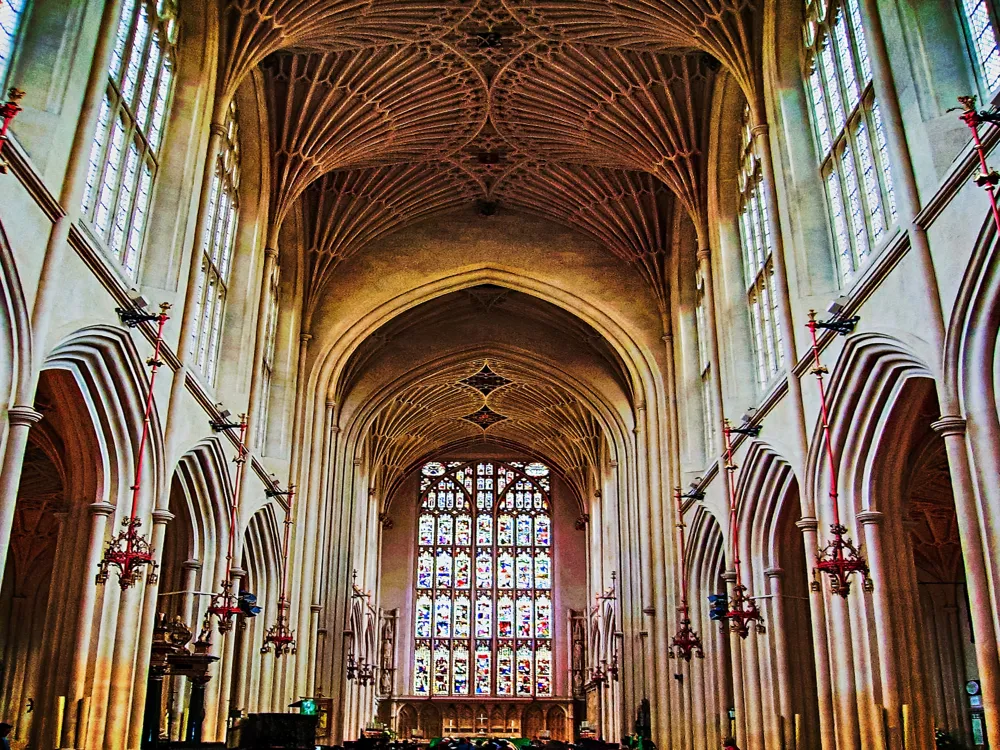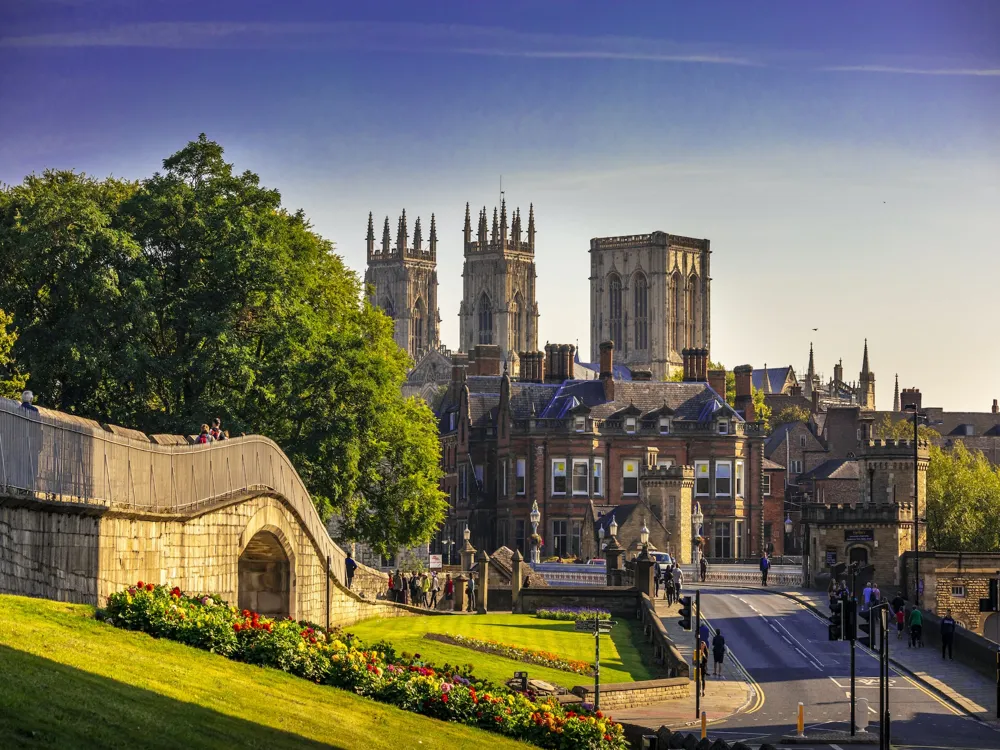The Herschel Museum of Astronomy, nestled in the historical city of Bath, England, is a remarkable institution dedicated to the legacy of William Herschel, the renowned astronomer and composer. Housed in a restored Georgian townhouse where Herschel and his sister Caroline lived in the late 18th century, the museum offers an in-depth look at their lives and groundbreaking discoveries. It's here that William Herschel, using a telescope of his own design, discovered the planet Uranus in 1781, significantly expanding our understanding of the solar system. The museum showcases a variety of historical artifacts, including original astronomical instruments, personal belongings of the Herschel family, and a collection of period music. Visitors can explore the working replica of Herschel's 7-foot telescope, which remains an icon of astronomical history. The museum also delves into the scientific context of the era, illustrating how Herschel's discoveries intersected with the broader astronomical community and the society of his time. Additionally, the museum's gardens, where Herschel conducted his observations, have been carefully maintained to reflect the original setting of the 18th century. This provides an immersive experience, transporting visitors back to the time when Herschel peered into the heavens, forever changing our view of the universe. The Herschel Museum of Astronomy not only celebrates the achievements of one of history's greatest astronomers but also serves as an educational hub for those interested in the stars and the history of science. The Herschel Museum of Astronomy is an exemplary showcase of Georgian architecture, embodying the elegance and style of the 18th century. The building, originally constructed in the 1760s, stands as a testament to the architectural trends of the Georgian era in Bath. The façade of the museum features the iconic Bath stone, a honey-colored limestone that has come to define the city's architectural heritage. Symmetrical design, sash windows, and a detailed doorway with classical motifs are among the defining elements of its exterior. Inside, the museum has been meticulously restored to reflect the living and working conditions of the Herschels during their residence. The rooms are arranged and furnished in a style typical of the Georgian period, with particular attention to the details of everyday life in the 18th century. This includes authentic furniture, wall coverings, and household items, providing a vivid impression of the domestic environment in which William and Caroline Herschel conducted their astronomical research. The museum also features a charming garden, an integral part of Herschel's astronomical pursuits. This outdoor space, where the Uranus discovery took place, has been preserved with period-appropriate landscaping, offering a serene backdrop that complements the historic significance of the building. Overall, the architecture and design of the Herschel Museum of Astronomy play a crucial role in creating an authentic historical atmosphere, allowing visitors to step back in time and experience the world of the Herschels. Spring and early autumn are ideal times to visit the museum, offering pleasant weather and fewer crowds. Check the museum's website for special events and night sky viewings that may coincide with your visit. The museum's historic nature means accessibility is limited in some areas. Visitors with mobility concerns should contact the museum in advance for detailed information and assistance. Photography is generally allowed in the museum, but flash photography and tripods are prohibited. Be sure to respect the museum's rules and the privacy of other visitors when taking photos. Engage with interactive exhibits and educational activities designed for all ages. These experiences enhance understanding of the Herschels' work and their contributions to astronomy. Consider joining a guided tour to gain deeper insights into the museum's history and exhibits. Tours are often led by knowledgeable guides who can share fascinating anecdotes and lesser-known facts. The Herschel Museum of Astronomy is conveniently located in the city of Bath, making it easily accessible by various modes of transportation. For those driving, Bath is well-connected by major roads and motorways, with several public parking options nearby. If you're using public transport, Bath Spa railway station is a short walk from the museum, offering frequent train services from London, Bristol, and other major cities. Additionally, local bus services provide convenient access from different parts of the city. For international visitors, the nearest airport is Bristol Airport, from which you can take a bus or taxi to Bath. Remember to check the latest travel information and plan your journey in advance for a smooth visit. Read MoreOverview of the Herschel Museum of Astronomy in Bath
Architecture of Herschel Museum of Astronomy
Tips When Visiting Herschel Museum of Astronomy
Best Time to Visit
Accessibility Information
Photography Policy
Interactive Exhibits and Activities
Guided Tours
How to Reach Herschel Museum of Astronomy
Herschel Museum of Astronomy
Bath
NaN onwards
View bath Packages
Weather :
Tags : Museum
Timings : 1:00 PM to 5:00 PM - weekdays 10:00 AM to 5:00 PM - weekends and bank holidays. From 27th July to 1st September - 11:00 AM to 5:00 PM - weekdays 10:00 AM to 5:00 PM - weekends. The museum would be closed during Christmas season.
Time Required : 1-2 hours
Planning a Trip? Ask Your Question
Bath Travel Packages
View All Packages For Bath
Top Hotel Collections for Bath

Private Pool

Luxury Hotels

5-Star Hotels

Pet Friendly
Top Hotels Near Bath
Other Top Ranking Places In Bath
View All Places To Visit In bath
View bath Packages
Weather :
Tags : Museum
Timings : 1:00 PM to 5:00 PM - weekdays 10:00 AM to 5:00 PM - weekends and bank holidays. From 27th July to 1st September - 11:00 AM to 5:00 PM - weekdays 10:00 AM to 5:00 PM - weekends. The museum would be closed during Christmas season.
Time Required : 1-2 hours
Planning a Trip? Ask Your Question
Bath Travel Packages
View All Packages For Bath
Top Hotel Collections for Bath

Private Pool

Luxury Hotels

5-Star Hotels

Pet Friendly





















